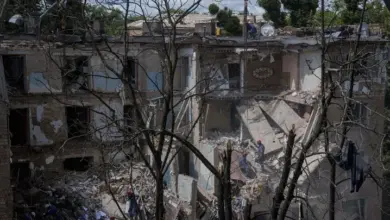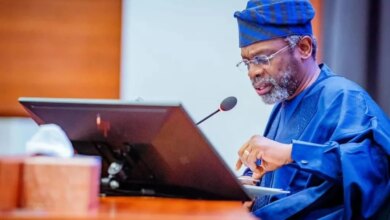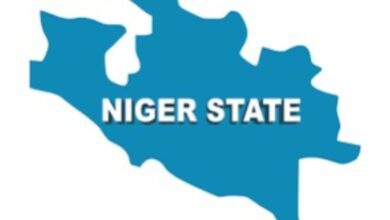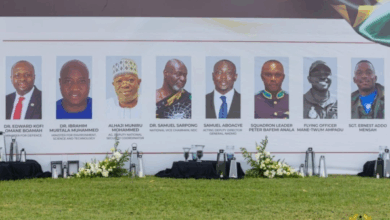World Bank Shifts Ghana Economic Blame From External Shocks to Fiscal Failure
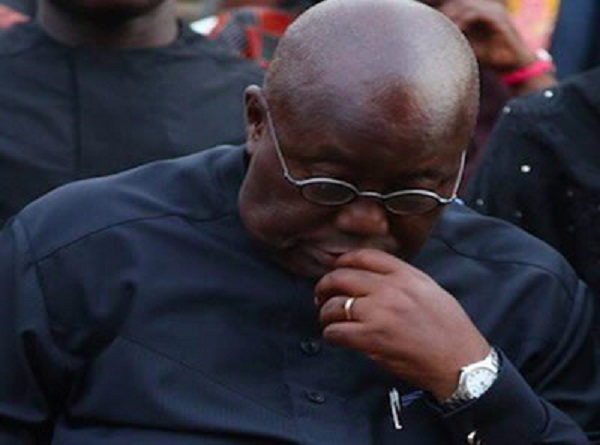

The World Bank’s recent pronouncement on Ghana’s 2022 economic crisis forcefully shifts the national conversation from external blame to internal accountability. This critique, contained in the 2025 Policy Notes, argues the crisis was not an imported affliction but a systemic failure of domestic policy, exposing the deep structural flaws of Ghana’s economy. The report’s stern language signals a critical junction where incremental fixes are deemed insufficient, demanding a clear break from decades of fiscal indiscipline.
World Bank Angle: A Blunt Assessment
The World Bank Report fundamentally rejects the convenient narrative of “global shocks” as the primary culprit. It reframes the crisis as an inevitable culmination of weak governance, fiscal indiscipline, and delayed structural reforms. By citing Ghana’s staggering record of 17 IMF programs over 68 years, the Bank powerfully illustrates a recurring and destructive cycle of political short-termism.
The Bank stresses that easy access to capital and natural resource windfalls fostered a culture of poor financial management, undermining the social contract and accountability. Their policy prescriptions are unambiguous: Ghana must restore fiscal discipline, expand the tax base, and reform ailing state-owned enterprises like COCOBOD and those in the energy sector to break this historical loop. The Bank’s focus on $1.8 billion (approx. GHS 22.3 billion) in COCOBOD debt demonstrates the scale of structural drag. This direct naming of domestic failures now forces a political choice: implement painful, non-negotiable reforms or face sustained investor flight.
Former President Akufo-Addo: The External Blame Defense
Former President Nana Akufo-Addo’s administration consistently maintained that external forces were the decisive factor in the 2022 economic collapse. This viewpoint was powerfully articulated on the global stage, attempting to situate the domestic challenges within a global context. The former President asserted that external events delivered a fatal blow to a healthy economy, specifically stating:
“Mr. Speaker, our economy took a bigger hit from the COVID-19 pandemic, ensuing consequences than had been anticipated, and in 2021 and 2022, we were in unaccustomed trouble. Our economy, which in my first term had been widely acknowledged to have performed creditably marked by the longest period of single digit inflation, seven percent (7%) average GDP real growth rate, and strong external balances, was on its knees.”
This comprehensive quote encapsulates the administration’s defensive stance, portraying the Akuffo-Addo’s administration as a victim of unprecedented global contagion compounded by internal vulnerabilities, while also referencing the perceived strength of the pre-2020 economy. Critics assert this defense minimizes their own overspending and a 7.1 per cent of GDP cost on the financial sector cleanup that severely weakened the budget before 2020.
Former Finance Minister Ofori-Atta: The Architect’s Defence
As the principal architect and defender of the previous fiscal policies, former Finance Minister Ken Ofori-Atta is the figure most directly under the World Bank’s scrutiny. While eventually leading the country into its 17th IMF program, his initial opposition and defense of government borrowing drew immense attention. He defended the financial clean-up as necessary for stability but stated he felt the pain of the crisis “personally, professionally, and in my soul.” However, his actions are now judged against the current government’s efforts.
Governing NDC and Finance Minister Forson: Leading the Reset
The current administration, led by President John Dramani Mahama, has leveraged the World Bank’s findings to underscore the previous government’s failures and articulate its own commitment to reform. Finance Minister Dr. Cassiel Ato Forson has repeatedly focused on the need for a total break from past indiscipline, stating:
“We cannot afford to let the people down… the war against wasteful expenditure is long overdue. My job here is to lead the change to reset the economy and public finance.”
The current administration is tasked with aggressively implementing the critical reforms, including tackling the unbudgeted spending commitments—estimated at 5.7 per cent of GDP or $4.8 billion (approx. GHS 59.5 billion) in the election year—highlighted in the report.
Current President Mahama: Demand for Accountability
For a truly national conversation, the views of the opposition and key civil society groups are vital. The main opposition party, the New Patriotic Party (NPP), continues to critique the debt restructuring, arguing it imposed unnecessary pain on domestic bondholders. Meanwhile, Current President John Dramani Mahama has emphasized that the solution lies in restoring public trust through accountability, stating:
“We must be prepared to be held accountable for taking the public trust… I’ve said that while we hold those who came before us accountable, we should remember that we’re also going to be held to account in the same way.”
This reflects a growing public and expert consensus that accountability must extend beyond one political cycle to prevent the 18th IMF program.
The Debt Overhang and ESLA Legacy: Technical Obstacles
The immediate, painful reality of the crisis was the Domestic Debt Exchange Programme (DDEP), which forced steep losses on local financial institutions, banks, and pensions. This restructuring was an unavoidable prerequisite for the IMF program, but its impact reverberated through the financial system, directly linking sovereign debt failure to domestic financial stability. The report also underscores the necessity of tackling energy sector debt, often bundled under the Energy Sector Levies Act (ESLA) debt structure. The inability of state-owned enterprises like the Electricity Company of Ghana (ECG) to operate profitably and collect tariffs efficiently creates a massive, recurring fiscal hole that continually undermines the budget, regardless of which party is in power. Addressing this structural drag is paramount to achieving long-term fiscal discipline.
The Current Economic Reality: Signs of Recovery and Persistent Risk
The economy now shows signs of painful recovery, though risks persist. Recent data indicates a significant rebound in GDP growth, reaching 6.3% in the second quarter of 2025, primarily driven by the services sector. Inflation, a key crisis indicator, has moderated to 11.5% as of August 2025, down from highs above 20%. Despite this stabilization, the Bank of Ghana has warned that external factors still account for about 30 per cent of the variation in inflation, meaning sustained discipline is paramount. The true test remains: can the government maintain the fiscal discipline to solidify these gains and avoid the 18th IMF program?
Citizen Experience: Apathy, Hardship, and Partisan Divide
For the ordinary Ghanaian, the World Bank’s academic assessment translates into severe, everyday hardship. The estimated 800,000 people pushed into poverty are a stark statistic, and the crisis directly affects over one-quarter of the population now living in poverty. The report’s emphasis on weakened governance and unaccountability resonates deeply, fostering an environment of public fatigue and eroded trust. The national mood is split between cynicism over the political elite and ingrained partisan loyalty, which poses a threat to the long-term success of austerity measures.
The immediate human impact is severe, captured by the growing cynicism toward politicians. “The rich keep getting richer and the politicians blame the world, but my food prices don’t care about COVID or Ukraine; they just keep rising. My sales are nothing now,” remarked a market woman in Accra.
This cynicism, however, often fractures along party lines. Supporters of the former government defend the difficult trade-offs of the previous era: “The previous government invested in our future with Free SHS and factories. The mess is a result of forces beyond their control. We need to complete the structural transformation they started, not just blame them for a global recession,” stated a student activist in Kumasi. Conversely, those aligned with the current administration emphasize the need for immediate, painful reform: “We were driven into a ditch by recklessness and borrowing. Now, the new team is doing the painful but necessary work to clean up the mess and bring back confidence. We must support the reforms to stop the next IMF program,” asserted a business owner in Tema.
The Ultimate Test: Breaking the Cycle of Impunity
Ghana’s economic crisis of 2022 was a confluence of global headwinds and chronic domestic mismanagement, forcing the country into a moment of critical self-assessment. The recovery, marked by positive GDP and moderating inflation, is fragile; the true measure of success will not be the stabilization of debt ratios but the political will to institute fundamental, non-negotiable fiscal reforms. The core of the World Bank’s analysis demands that Ghana’s political class moves beyond the cycle of blame and short-termism to genuinely restore governance and accountability. If the current administration fails to entrench fiscal discipline and dismantle the structural drags on the economy, the 18th IMF programme remains an inevitability, ensuring the crisis of public trust—and the suffering of the Ghanaian people—will simply endure.
DISCLAIMER: The Views, Comments, Opinions, Contributions and Statements made by Readers and Contributors on this platform do not necessarily represent the views or policy of Multimedia Group Limited.
DISCLAIMER: The Views, Comments, Opinions, Contributions and Statements made by Readers and Contributors on this platform do not necessarily represent the views or policy of Multimedia Group Limited.
Source link

